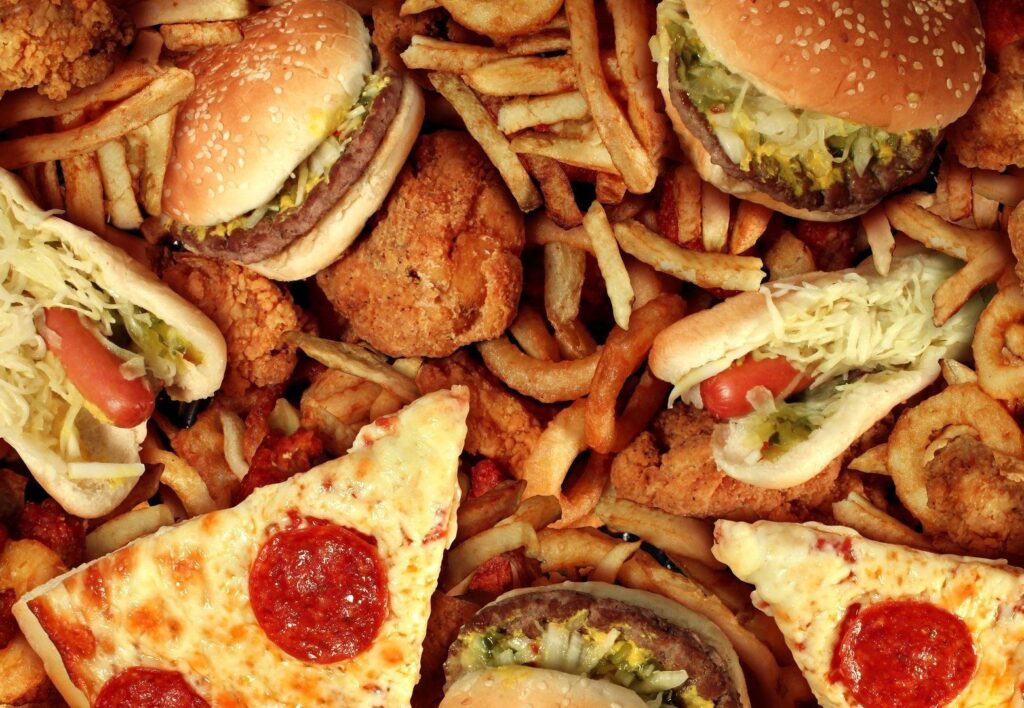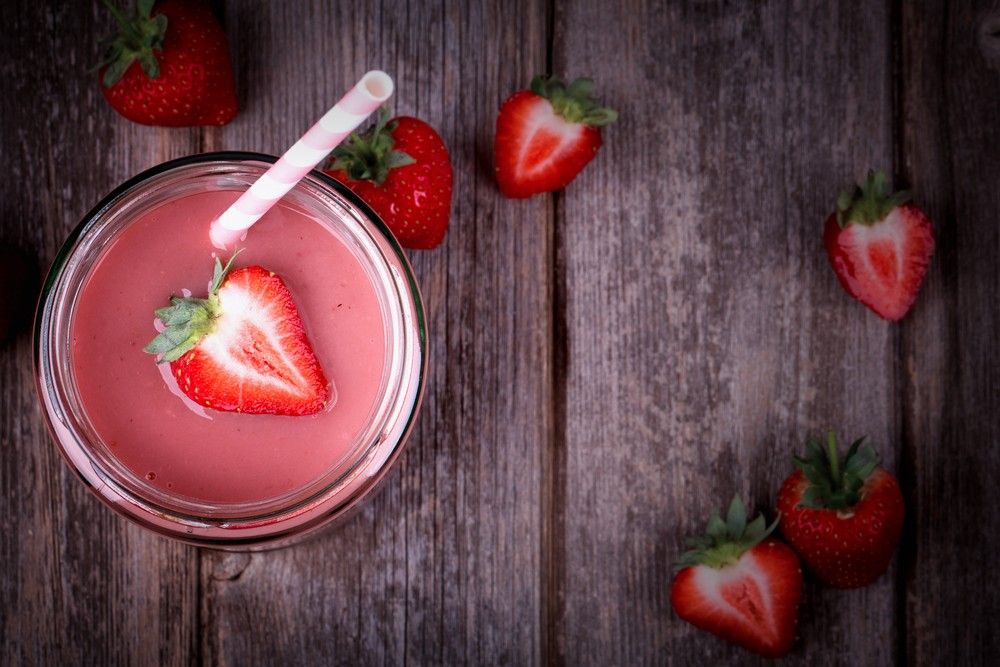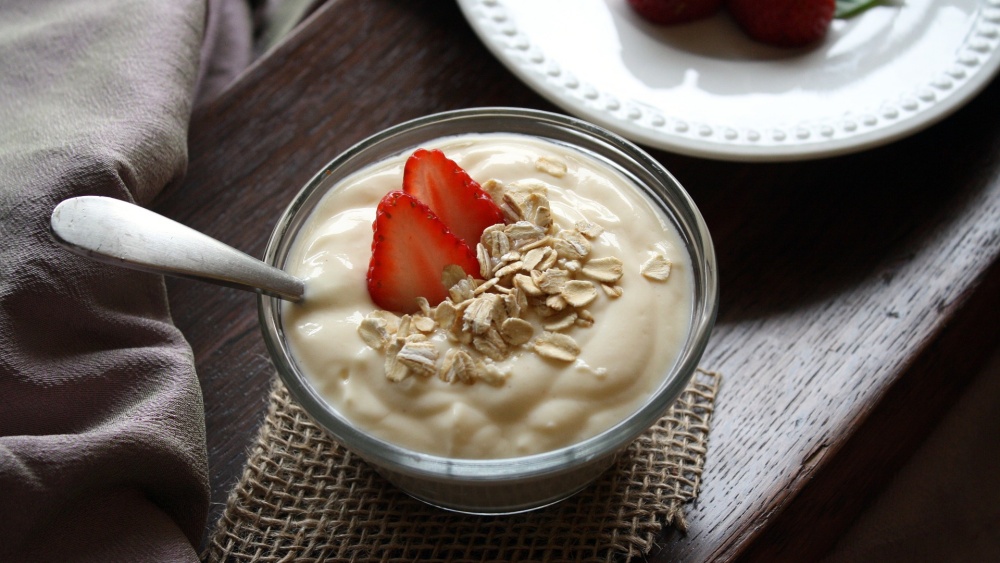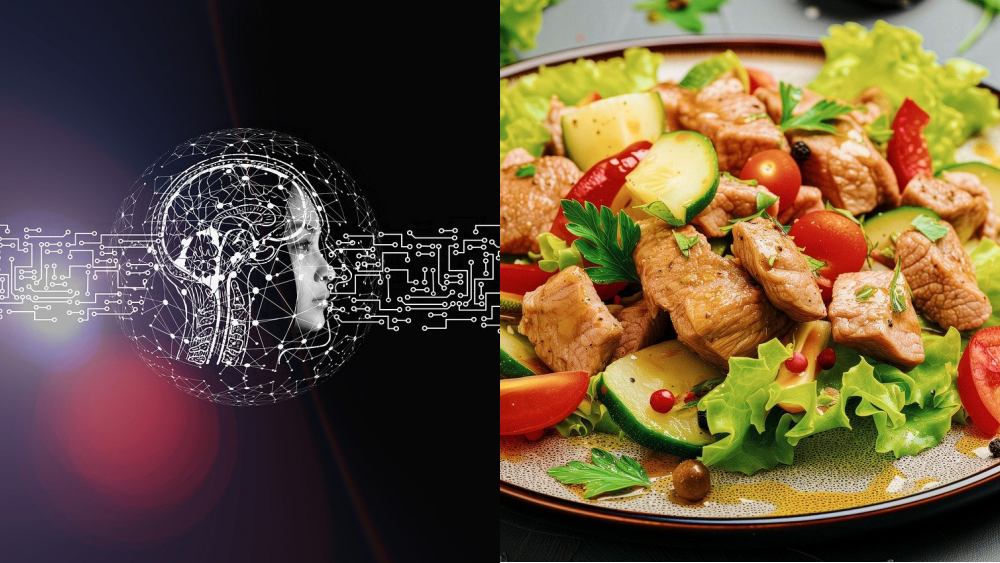The food and beverages you consume daily significantly impact how your body looks, feels, and performs. Consume too many calories, and you might become obese. Don’t consume enough; you might lose muscle mass that you painstakingly work out for!
As important as nutrition is, many myths and misconceptions surround what types of foods are good for you and those you should avoid. This article will debunk some of these myths so you’re armed with all the information you need to make intelligent nutritional choices.
Debunking The Biggest Myths And Misconceptions Surrounding Nutrition
Ready to find out what the biggest myths about nutrition are? Let’s jump right into our list:
1) All Calories Are Equal
This is false. A calorie from a nutritious food like eggs isn’t the same as a calorie from junk food like candy. Junk foods typically contain empty calories that go toward your daily caloric intake. The problem is these foods don’t have any other nutritional value besides that.
That’s why you can’t live on candy even though it provides calories. Your body needs other things like protein, carbs, healthy fats, vitamins, and minerals to perform optimally. There’s no point in consuming many calories that don’t provide any nutritional value. Doing so increases your risk of having a caloric surplus without any nutritional benefit, so you gain unnecessary weight.
2) All Fatty Foods Are Bad
Not true. Fatty foods are one of the macronutrients your body needs to perform optimally. Low-fat diets have been linked to a greater risk of health issues like metabolic syndrome and increased insulin resistance. A low-fat diet can also increase triglyceride levels, a known factor for heart disease.
While it was once believed that fatty foods had a negative impact on overall health, we know that diets that include fatty foods can be as effective or even more effective than low-fat diets.
Try your best to avoid extremes in either direction since they can have a negative impact on your health. This is particularly true when your diet consists mostly of low-quality foods.
3) Eating Smaller, Spaced-Out Meals Is Better
You might have heard something along the lines of eating five to six smaller meals throughout the day to boost your metabolism and promote weight loss, but that’s not how your body works. What matters most is how many calories you consume daily, not how spaced out they are.
However, there are some situations where eating small meals every few hours might be the best approach, like when dealing with health issues like irritable bowel syndrome, coronary artery disease, and diabetes. Spacing out your meals also provides benefits if you want to build muscle mass. It puts your body in an anabolic state, allowing you to build larger muscles.
If weight loss is your primary fitness goal, focus more on the number of calories you consume daily. Calorie counting has never been easier than it is these days. You no longer have to grab an encyclopedia to figure out how many calories any food or beverage has. Any fitness app on your smartphone gets the job done.
4) Red Meat Is Bad For You
Steak lovers will be happy to find out this isn’t true. You might have heard red meat increases your cancer risk, but it’s a lot more complicated. Some compounds in smoked red meats, like polyaromatic hydrocarbons, can damage the genome, which is the first step to cancer. However, this risk is only linked to red meats processed by charring or smoking. Moderate red meat intake does not increase your cancer risk enough to worry about.
5) Zero-Calorie Sweeteners Are Healthy
We’d all want this to be true, wouldn’t we? We can consume all the artificial sweetener-enriched snacks we want without feeling guilty since they contain zero calories. While eating desserts and beverages made with artificial sweeteners won’t affect your daily caloric goals, it’s not that great for your overall health.
For example, artificial sweeteners can increase your risk of type 2 diabetes and negatively impact your gut’s bacteria, promoting irregular blood sugar. People who consume artificial sweeteners are also more likely to have unhealthy lifestyles.
6) Potatoes Are One Of The Bad Carbs
White potatoes are often one of the first foods to be removed when people go on weight loss or low-sugar diets. This is mainly due to the high glycemic index of potatoes since they raise your blood sugar more than other types of tubers like sweet potatoes.
However, white potatoes are highly nutritious, so don’t be too eager to remove them from your diet. They are a rich source of nutrients like vitamin C, fiber, and potassium. As a bonus, potatoes are more filling than other starches like pasta, so you’re less likely to overeat. Try to bake or roast your potatoes to make your meals as healthy as possible.
7) Getting Your Macros Is More Important Than The Quality Of Your Diet
Some people obsess about the ratio of the macronutrients in their diet, but you need more than that to improve your overall health or lose weight. Tweaking your macros helps you to reach your fitness goals, but the most important factor should always be the quality of the foods you eat.
Getting the right macros by consuming protein shakes and highly-processed foods isn’t the same as getting your macros from whole foods. Processed foods are loaded with empty calories and additives that aren’t necessarily good for you, while whole foods contain vitamins and nutrients your body needs.
8) Supplements Are For Meatheads
Supplements are exactly what they’re called. They supplement your diet to ensure you get all the nutrients your body needs to perform optimally. The healthier your body is, the more likely you’ll reach your fitness goals, regardless of if it’s to lose weight or put on muscle mass.
Ideally, you want to get most of your micros from your meals, but that isn’t always possible. Multivitamins, calcium, and magnesium supplements can help reduce your heart disease risk and improve your blood sugar regulation.
9) Diet And Low-Fat Foods Are Healthy
Nope. That’s not true. While the aisles of your grocery stores might claim these low-fat or diet foods are good for you, they can sometimes be worse. These products often come with unhealthy additives to improve their flavor profiles. Many of these products also contain more sugar than their regular counterparts.
There’s no need to bother with these products. Just enjoy your favorite snacks in moderation.
10) You Need To Be Skinny To Be Healthy
That’s not always true. There are unhealthy skinny-looking people and healthy people who aren’t skinny. Being obese is associated with a long list of health conditions like depression, early death, some cancers, heart disease, and type 2 diabetes. However, you don’t have to be skinny to reduce your risk of getting these diseases.
Having an active lifestyle and eating a nutritious diet is more important than how skinny you are. Focus on keeping your body fat percentage at a healthy level, not how skinny you are. There are skinny people with unhealthy body fat levels.
11) Calcium Supplements Prevent Bone Injuries
Science doesn’t really favor taking calcium supplements. Research shows that taking calcium supplements can do more harm than good since they’ve been linked to an increased risk of heart disease. Studies also show taking them doesn’t reduce your risk of osteoporosis or bone fractures.
This isn’t to say calcium isn’t an essential micronutrient. It just means supplements aren’t an effective way to get more calcium in your system. Instead, focus on calcium-rich foods like dairy products and green leafy vegetables.
12) Low-Calorie Diets Are The Best Way To Lose Weight
Low-calorie diets are overrated when it comes to losing weight. Yes, cutting calories can lead to significant weight loss, but it can also have negative long-term consequences. Losing weight is more than just shedding some kilos. It’s about adopting a lifestyle that keeps you at a healthy weight.
Low-calorie diets have abysmal results when it comes to keeping excess weight off long-term.
13) Any Smoothie Or Green Juice Is Healthy
Most smoothies sold at gyms or stores are loaded with sugar and calories. Some are highly nutritious and can be a great way to increase your antioxidant, mineral, and vitamin intake. It comes down to what the smoothie is made up of.
14) High-Fiber Foods Can Be Substituted With Fiber Supplements
Fiber supplements can help improve blood sugar control and bowel movements, but they do not provide the same value as consuming fiber-rich foods like vegetables, beans, and fruits. These foods contain compounds that work together to promote good overall health. They are also loaded with antioxidants, vitamins, and minerals.
15) Losing Weight Is Difficult
That’s far from the truth. Losing weight is as simple as consuming fewer calories than your body needs daily while keeping your body as healthy as possible. The hardest part is committing to changing your lifestyle. You’ll have a more challenging time getting the desired result if you don’t change your daily routine significantly.
Make diet and exercise a regular part of your lifestyle, and it’s only a matter of time before you reach your desired weight.
16) Everyone Needs Probiotics
Says who? Probiotics are one the most popular dietary supplements, but introducing probiotics via supplements can negatively impact your gut bacteria. It can also lead to bacteria overgrowth in the small intestines, which can have adverse side effects like bloating and gas. You don’t need to bother with probiotics unless a doctor specifies that you do.
17) Eating Disorders Are A Women’s Issue
Not true. Anyone can have an eating disorder regardless of their gender. Teenage boys and men can also develop eating disorders. About 30 percent of men report dissatisfaction with their bodies and use unhealthy methods to get their ideal body type.
18) Carbs Are Bad
Some people seem to think that removing carbs from your diet solves every problem, but carbs aren’t necessarily bad for you. Carbs are rich in vitamins, fiber, and minerals, making them a great source of macros and micros.
Diets that contain a healthy mix of high-fiber carbs, lean proteins, and healthy fats have been shown to reduce the risk of health issues like obesity, heart disease, and diabetes.
19) Cholesterol-Rich Foods Are Bad
Foods rich in cholesterol, like eggs, were once considered bad for your health, but that isn’t true. Cholesterol rich-foods like whole yogurt and eggs provide essential nutrients that aren’t found in other foods and make your feel fuller.
20) Breakfast Is The Most Important Meal Of The Day
This isn’t a wrong statement per se, but it doesn’t paint a complete picture. Breakfast is the most important meal of the day for most people, but some people are better off skipping it. It comes down to what your fitness goals are.
For example, some research shows that skipping breakfast can lead to less calorie intake during the day. Skipping breakfast can bring you closer to your weight loss goals if you use dieting strategies like intermittent fasting. Such diets have been linked to various benefits like reduced inflammation, improved cognitive function, and improved blood sugar regulation.
Intermittent fasting involves only eating during small windows and fasting the rest of the time. For example, you might only eat between noon and eight in the evening.
Fasting allows your glycogen stores to get used up, forcing your body to use fat deposits for its energy needs. This makes it one of the more effective ways to lose weight. You don’t necessarily need to skip breakfast when you’re intermitted fasting. You’ll just have your last meal later in the day. The main thing is that you fast for 15 to 16 hours daily.
Whether you need to consume breakfast depends on factors like your daily routine. Athletes would be better off eating before training so they don’t feel fatigued during workouts. Breakfast is an optional meal, not the all-important meal many of us have been led to believe.
You may also like:




















